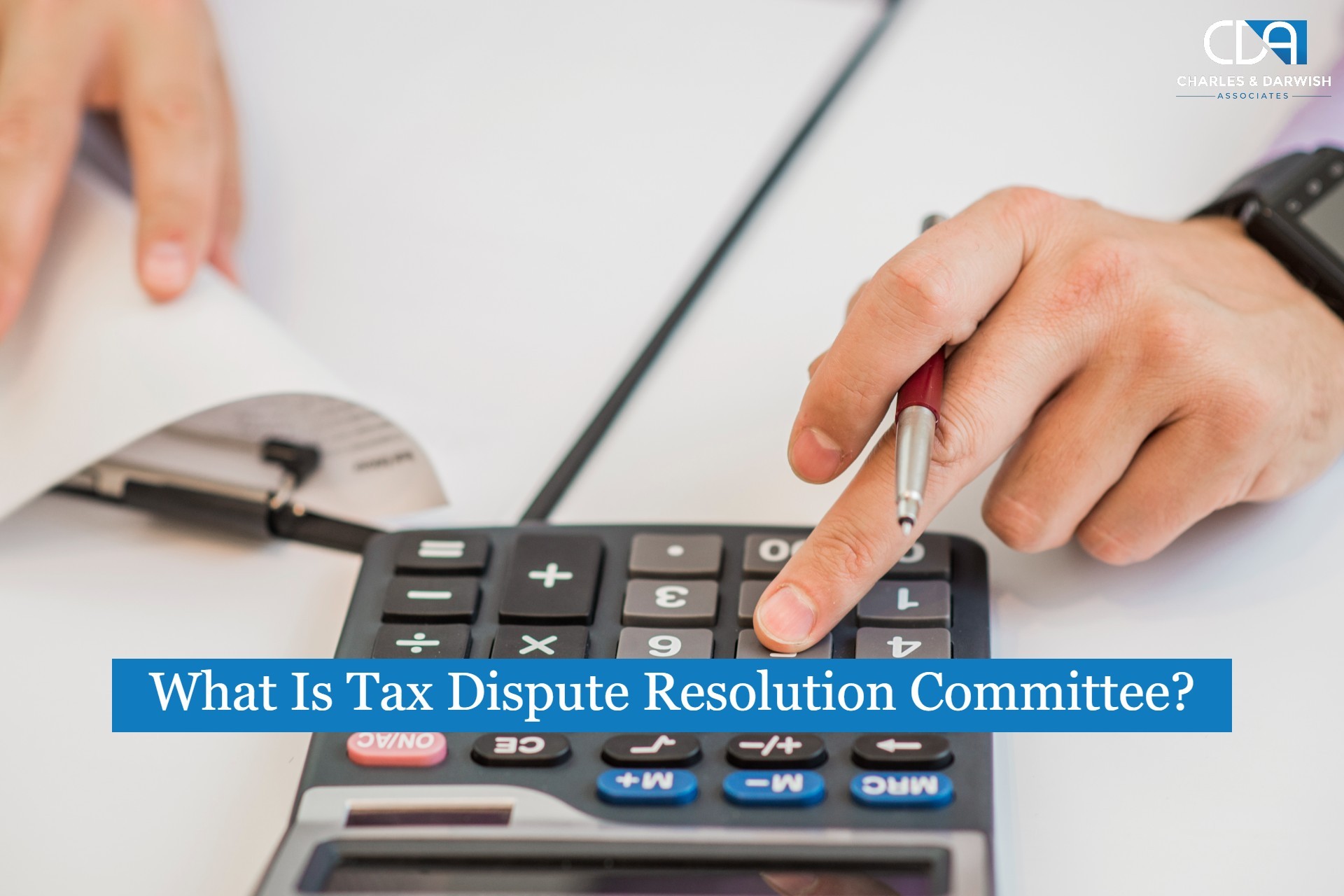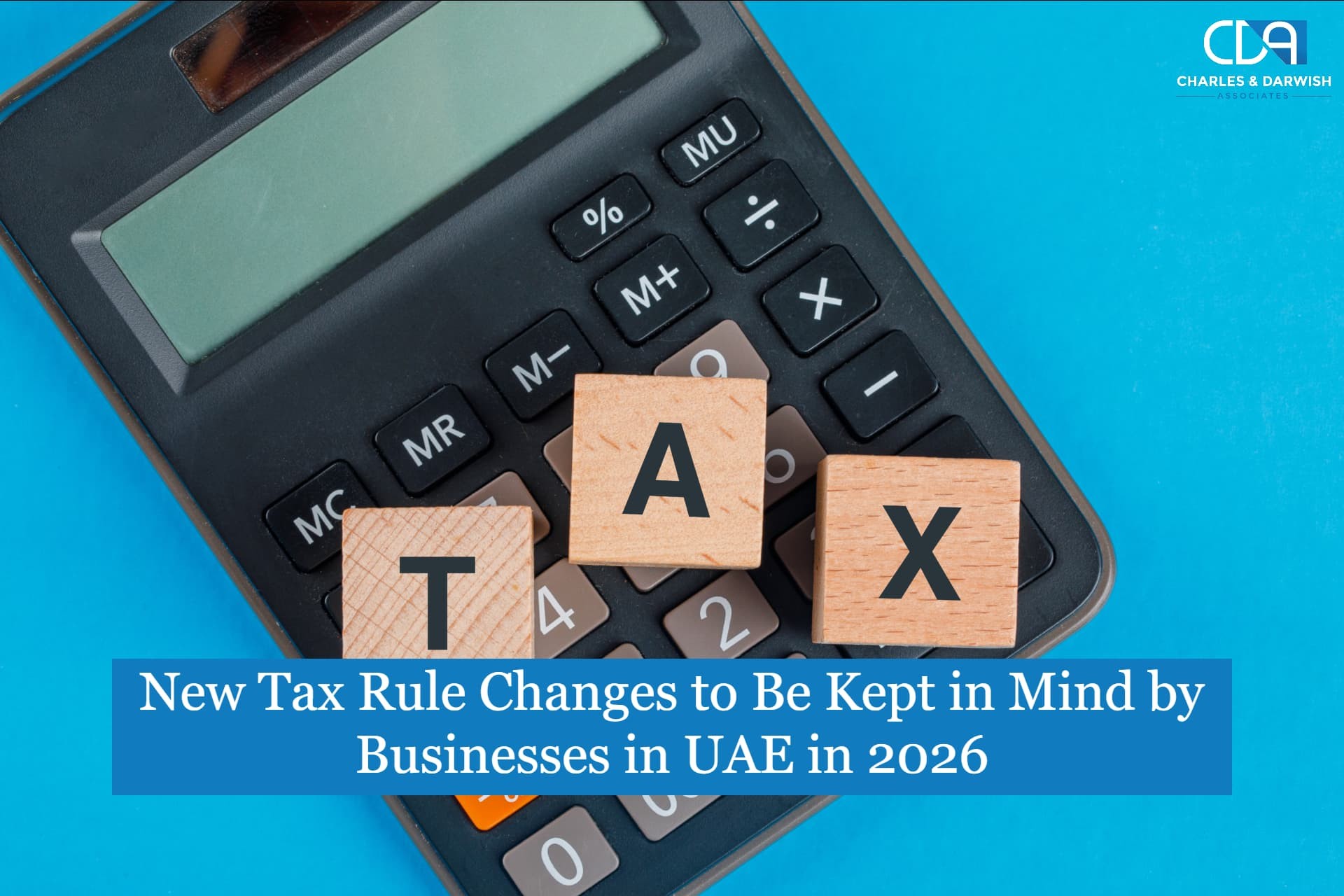What are the Important Anti-Money Laundering terms that one should know?
In recent years financial industries and non-financial industries have been facing one of the major problems relating to money laundering and terrorist funding. All the nations, associations and companies are putting all their efforts to combat these challenges by introducing and complying with relevant anti-money laundering policies and regulations. However, another issue with regards to compliance with anti-money laundering regulations is that, major part of the businesses, employees and people across the globe are still not aware of important Anti-Money Laundering terms, regulations and policies.
Why should one be aware of important Anti-Money Laundering terms?
It is important for every employee and employer to be aware of the important terms related to AML especially during these present circumstances where every business and financial industry are equally at risk of being a prey for money-laundering. If you have a clear idea regarding these terms then you can have a better understanding of the situation prevailing in your firm and take action according to it. Better knowledge of these terms will help you to grasp the strategies and regulations acquired by the firm.
Anti-Money Laundering Dictionary
Money laundering:
Deliberate concealment of the source of illegal money obtained from illegal activities such as terrorist funding or narcotraffic, and showing it as legitimate money by passing it through some legal or commercial transactions.
AML – Anti-Money Laundering:
It is the set of all rules, regulations, processes, strategies, policies, systems and control structures which are concerned with identifying, detecting and preventing money laundering activities.
AML compliance officer:
An AML compliance officer may be a senior officer who ensures that the company follows all the principles and regulations associated with AML and implements all the programs and policies related to AML.

AMLID:
AMLID stands for Anti-Money Laundering International Database. AMLID is a database for research and analysis of varied AML laws and regulations of various countries, it is mainly multi-lingual which enables different enforcement officers to analyze and evaluate these international laws.
CTF (Counter Terrorist Financing):
CTF is associated with the activities, laws and strategies adopted by various nations to identify, analyze, evaluate and report terrorist activities that may lead to terrorist financing for terrorist recruitment, logistics or terrorist operations.
Placement:
It is referred to as the first stage in the money laundering process. In this stage the illegal money enters the financial system.
Layering:
It is the second stage in the money laundering process, under this stage the illegal money is covered up by financial transactions which takes it far away from crimes and the source of such funds becomes difficult to be detected.
Integration:
It is the last stage in the money laundering process where the illicit money moves in the system as clean money.
Identity theft:
It is the process by which the criminals access the personal and financial information of individuals without their permission and utilize it for illicit activities.
Criminal proceeds:
It refers to any property or legal document obtained by the criminals as a result of any criminal activity.
RBA (Risk Based Approach):
Risk based approach is a strategy used by companies and organizations to detect and evaluate the money laundering risks to which their company is exposed to and to take down those risks by framing adequate policies and control measures.
Smurfing:
It is a technique used by criminals in the layering stage where the illicit money is divided into small transactions and dispersed between different accounts to avoid suspicion from authorities.
Also Read: How To Prevent Your Business From Financial Crimes?
AML or CTF compliance audit:
It refers to procedures where all AML or CTF policies are reviewed, and evaluate the compliance of the company with AML norms and all the financial transactions to ensure the efficiency of AML systems adopted by the organizations.
Front Company:
It is the face of the company which protects the actual company or its owners from the investigation or liability related to any illicit activities such as money laundering.
Gatekeepers:
They are the intermediaries between two persons who help in transferring money from one place to another. Lawyers, accountants, notaries, company service providers etc. act as gatekeepers for money laundering. Identifying gatekeepers will help to prevent money laundering and identify its source.

FIU (Financial intelligence units):
FIU are the central or national agencies which focus on combating criminal activities such as money laundering and terrorist financing by collecting financial information from different authorities concerned with suspicion activities and evaluate them and then they may pass such information to higher authorities for further insights to detect such activities and take them down.
SAR (Suspicious Activity Report):
The report given by financial institutions or other entities related to any suspected money laundering activity subject to AML regulations to FIU is known as SAR.
Also Read: Everything about UAE goAML Platform
Conclusion
Learn these important Anti-Money Laundering terms to get a clear picture regarding the situation prevailing in your organization and understand the AML rules and policies and its implication in your business.
For further queries and advices contact CDA
CDA with its dedicated and professional team is always ready to help its clients relating to any auditing or accounting issues. CDA can help you in setting out the reports and required documents related to goAML. It also provides adequate financial restructuring service of the companies for facing the future challenges, as well as ensuring whether their clients comply with all kinds of rules and regulation to avoid unanticipated disparities.

Mark Thompson
Full-stack Developer, Blogger, and Tech Enthusiast.
Mark specializes in digital marketing, SEO, and content strategy.













